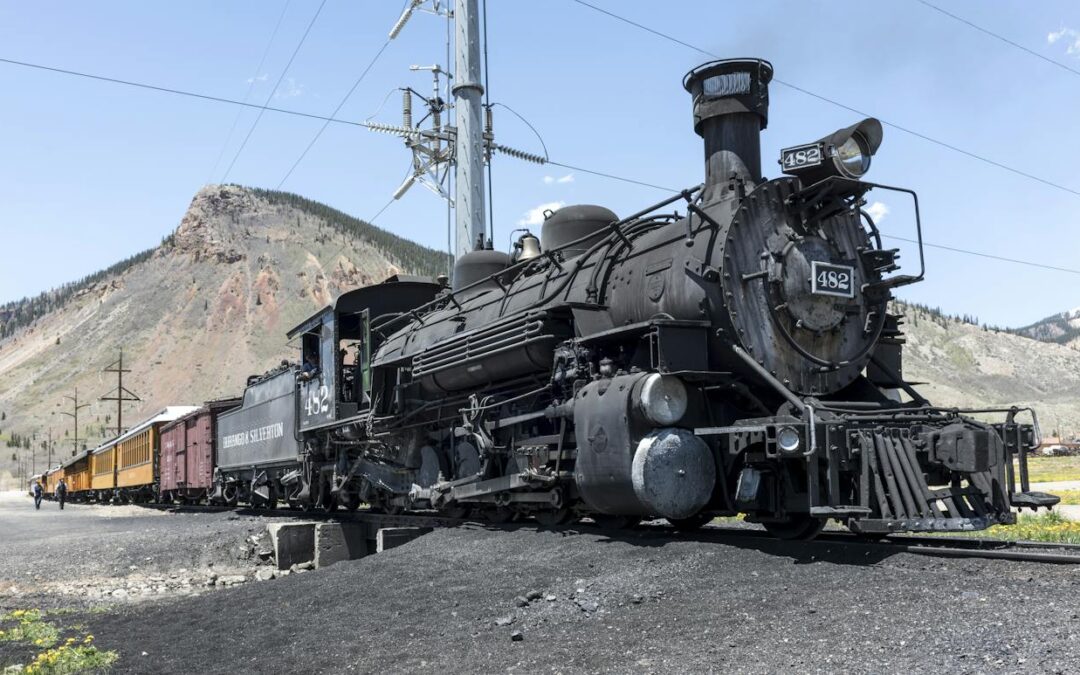
by Tim Coffield | Aug 5, 2024 | Harassment, Insights, Supreme Court Cases, Title VII
In Muldrow v. City of St. Louis, 144 S. Ct. 967 (2024), the Supreme Court held that an employee challenging a job transfer under Title VII must show that the transfer brought about “some harm” with respect to an identifiable term or condition of employment, but that...

by Tim Coffield | Mar 12, 2024 | FLSA, Insights, Minimum Wages, Misclassification, Overtime, Supreme Court Cases, Wages
In Bartels v. Birmingham, 332 U.S. 126, 67 S. Ct. 1547 (1947), the Supreme Court held that members of musical bands were employees of the bands’ leaders, rather than of the operators of the dance halls where the bands played, within the meaning of the Social Security...

by Tim Coffield | Feb 6, 2024 | FLSA, Insights, Overtime, Supreme Court Cases, Wages
In Citicorp Indus. Credit, Inc. v. Brock, 483 U.S. 27, 107 S. Ct. 2694 (1987) the Supreme Court held that the Fair Labor Standards Act’s prohibition on selling “hot goods” applies to secured creditors who acquire the goods pursuant to a security agreement, even when...

by Tim Coffield | Jan 5, 2024 | Discrimination, Insights, Religious Accommodations, Supreme Court Cases, Title VII
In Groff v. DeJoy, 600 U.S. 447, 143 S.Ct. 2279 (2023), the Supreme Court held that for an employer to deny a religious accommodation for an employee as an undue hardship under Title VII, the employer must show that granting an accommodation would result in...

by Tim Coffield | Sep 18, 2023 | FLSA, Insights, Minimum Wages, Misclassification, Overtime, Supreme Court Cases, Wages
In United States v. Silk, 331 U.S. 704 (1947), the Supreme Court applied a multi-factor test for determining whether workers were independent contractors or employees. The case is important because, inter alia, these “Silk factors” came to be applied in cases under...

by Tim Coffield | Jul 28, 2023 | FLSA, Insights, Misclassification, Overtime, Supreme Court Cases, Wages
In Rutherford Food Corp. v. McComb, 331 U.S. 722 (1947), the Supreme Court held that the meat boners working in a slaughterhouse, who worked under a contract, owned their own tools, and were paid collectively based on their production, which pay they divided among...







